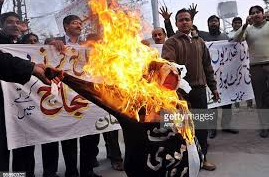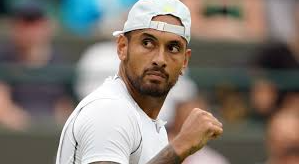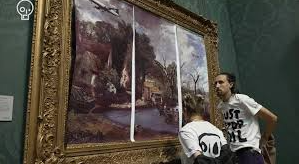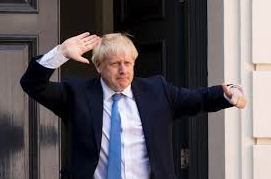
The Lionesses earn a hard-fought 1-0 victory, yet their performance must be sharper to challenge top contenders like France, Sweden, and Germany.
England’s 1-0 win over Austria in their opening match of the UEFA Women’s Euro 2022 was an important step, but the performance left much to be desired if they are to contend with the tournament’s heavyweights. The Lionesses were dominant for large periods of the game, with Beth Mead’s first-half goal proving enough to secure the three points. However, Austria’s resilience ensured a nervy finish, and England’s unpolished display is unlikely to intimidate teams like Spain, Germany, or France.
The match at Old Trafford was a story of mixed emotions. Despite a solid victory, England’s performance lacked the sharpness and clinical edge required to strike fear into the major contenders. Coach Sarina Wiegman will be aware that, much like her Netherlands team in 2017, peaking in the later stages of the tournament could be the key to success. This victory may not have been a statement of intent, but it did the job.
Off the pitch, the atmosphere was electric. A record crowd of 68,871 spectators witnessed a vibrant occasion, with fans supporting the team with energy and enthusiasm, aided by a lively brass band, typically seen at men’s fixtures. Despite gloomy weather in Manchester, the spirit of the crowd remained undeterred, and even the pyrotechnic-heavy opening ceremony could not dull the excitement surrounding the tournament.
The game began with a nervous edge for England, but they settled into their rhythm after 16 minutes, when Mead put them ahead with a beautifully crafted goal. Fran Kirby’s vision and quick pass allowed Mead to cushion the ball with her shoulder before delicately lifting it over the Austrian goalkeeper, Manuela Zinsberger. The goal was confirmed by goal-line technology and VAR, making it the first time these technologies were used in a women’s Euro.
From that moment, England began to dominate, with Kirby pulling the strings in midfield, setting up further chances for Lucy Bronze and Lauren Hemp. However, despite their attacking dominance, they couldn’t add to their lead before half-time. In the second half, Wiegman’s tactical switch, bringing on forwards Alessia Russo, Chloe Kelly, and Ella Toone, aimed to break Austria’s resistance, but it was not until the final moments that England really came alive.
Austria remained a threat, particularly in the latter stages, with England’s defence and goalkeeper Mary Earps having to dig deep. Earps made crucial saves, first denying Barbara Dunst from long range and then keeping out Julia Hickelsberger-Fuller’s effort. Despite some late pressure, England held on to secure the win, making it 15 matches unbeaten under Wiegman.
The result was celebrated by fans, with the famous Sweet Caroline anthem ringing out after the final whistle, evoking memories of the men’s run to the final at Euro 2020. Like Gareth Southgate’s team, the Lionesses know the importance of keeping clean sheets at this level, but Wiegman will demand more clinical performances as the tournament progresses.
While England’s opening match was far from perfect, it was a successful start to what could be a historic tournament for the team. The victory was crucial, but if the Lionesses want to go deep in the competition, they must improve their overall performance to match the intensity and quality of the top teams in Europe.















Comments
Hello world!
Pic of the week: Sunset at margate beach
The first day’s journey was through the pink fields
The first day’s journey was through the pink fields
The first day’s journey was through the pink fields